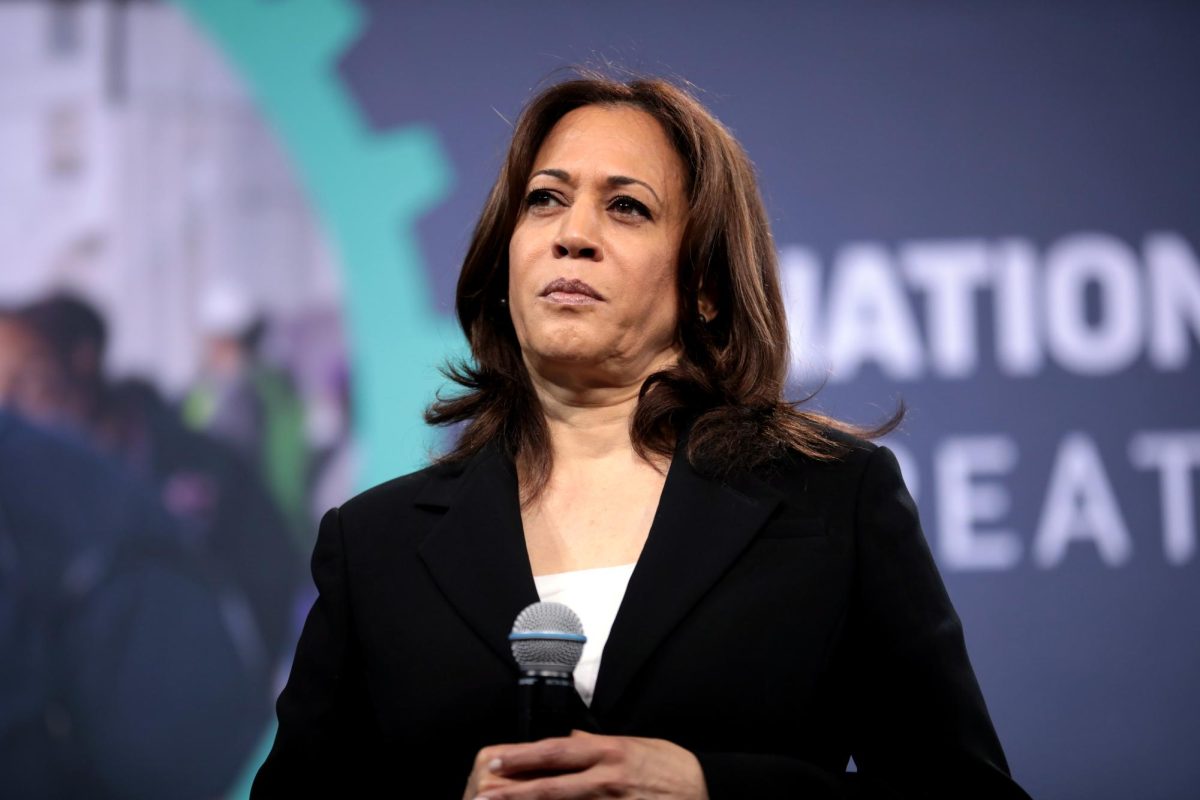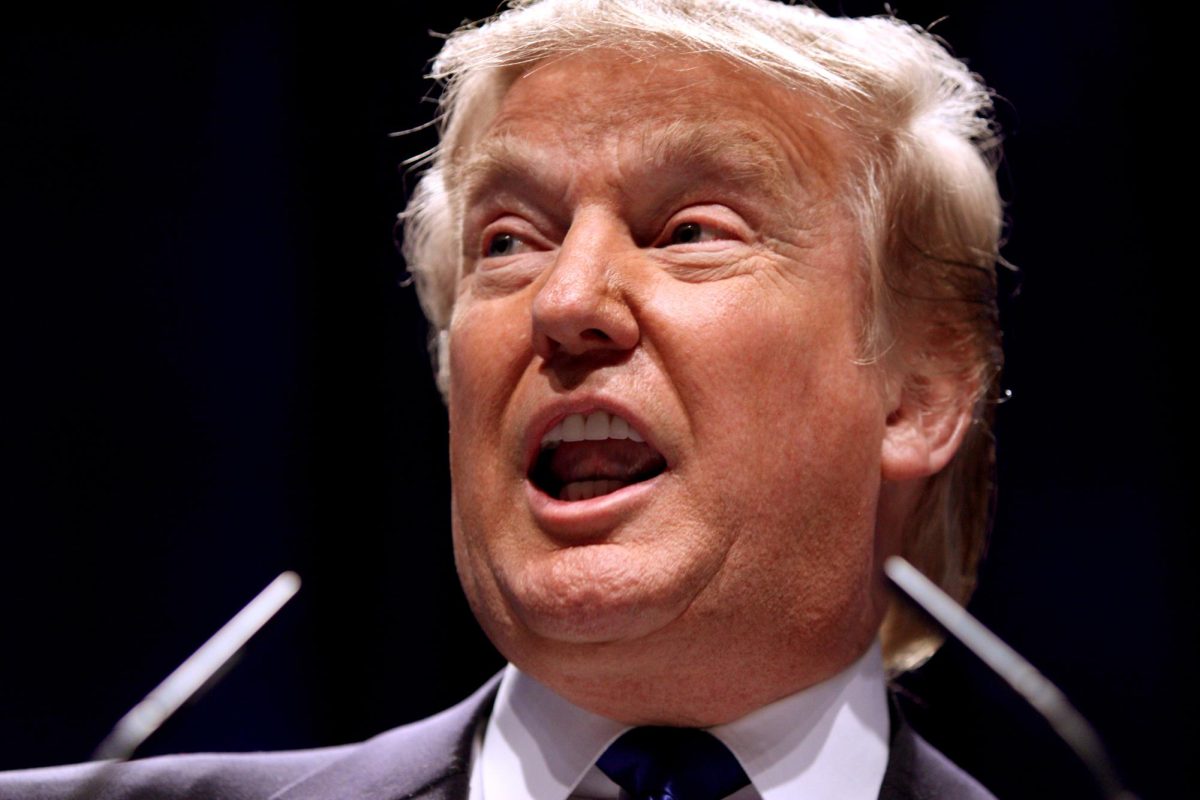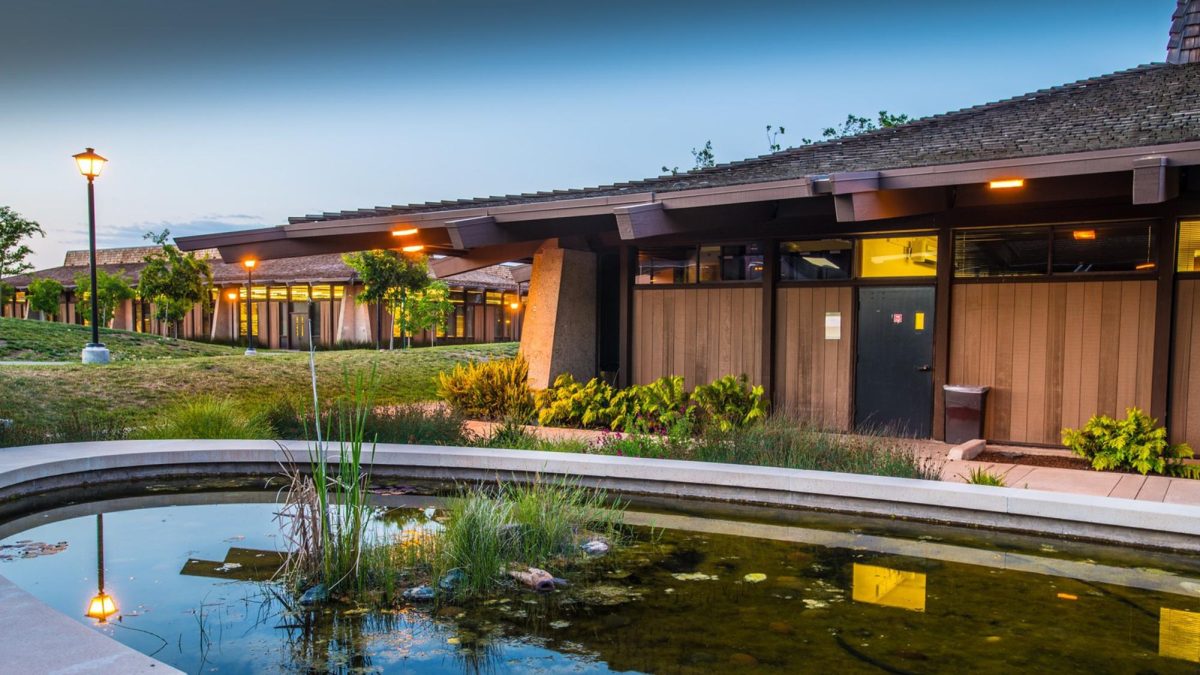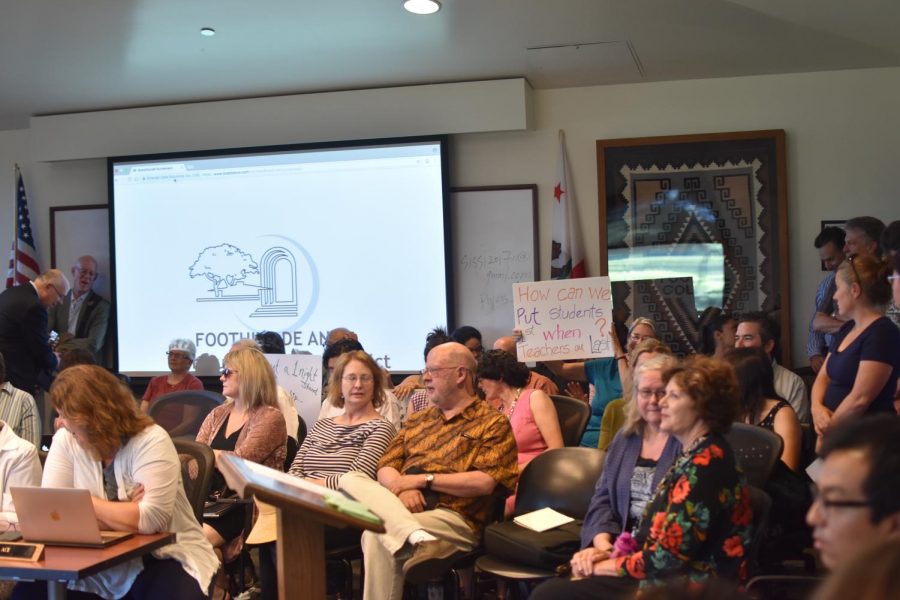As the 2024 election advanced, Foothill College students were preparing to vote – many casting ballots for the first time. I was curious to explore the thoughts and opinions of voters on campus, as well as non-voters, focusing on which issues mattered most to Foothill students. After polling online through a Google Form sent out to Foothill students via The Script, and conducting a handful of in-person interviews on Club Day, I collected a wide range of data about voters on campus. Reflecting on this data post-election shines new light on where the Harris campaign may have fallen short. Foothill student voters are facing an ideological turning point this election. Though most voters interviewed reported plans of voting for Harris/Walz, California leaned the most red it has this year in decades. Falling flat on key issues for young voters may be the reason why.
Many Gen Z-ers cast their first presidential ballots this year, but many yet avoided voting altogether. Studies show young voters polling at an all time low. Why are so many Gen Z citizens skipping the vote? Media skepticism may be one reason why. Two Foothill athletes who preferred to remain anonymous stated that they likely wouldn’t be voting this year. One preferred to stay out of politics, stating, “I don’t mess with all of that.”
The other, however, mentioned his partial support for the Harris campaign, reporting that “If [he] had to choose right now, [they would] lean more towards [voting for] Kamala.”
When discussing their hesitations, however, this student confided that they have “seen things on the news,” shaking their head in frustration. “News, [is often] lying, though,” he followed up. “[You] can’t trust the news. I have to do my own research. It is a lot.”
While a general distaste for politics is a role that has always played a part in why young voters opt out of voting, media skepticism is at an all time high. This student was not the only one to share a soured mood about the state of news and media information in their interview.
One first-time Republican voter, who chose to remain anonymous, shared their thoughts on choosing a candidate to vote for: “Don’t simply vote for someone because the media tells you to, or not vote for them because the media says not to. Check your values against their policies and make sure that who you vote for is upholding the good of the people and your personal values.” However, while this stance seems to resonate across the spectrum for the younger generation of voters, opinions differ about how or where one should get their news. It is not an easy task to ingest true bi-partisan information, and, as Bill Kovach and Tom Rosentiel have echoed repeatedly in The Elements of Journalism, it is impossible to be truly and completely unbiased. Therefore, there is a lot of anger around the media intake of opposing parties. Democrats tend to denounce Fox, and Republicans often view CNN as the perpetrator of misinformation. This has only led to a serious divide between the right and the left, a polarity that only seems to be growing.
This divide could have played a role in the election, although it may not have been out of party loyalty. One resounding response from Foothill students polled about the election this year was a disillusionment with political parties and candidates. Among first time voters, there were just as many reported independent voters as democratic voters. Obviously, this sample size is small, but on a wider scale, if young voters are leaning out of the two-party system, there could be significant changes reflected in the way our political system operates.

As more and more students seem to grow wary of the Democratic influence, and choose to remain partyless or independent, the interviews show that particularly in young democratic or left-leaning students, disillusionment with the two- party system is on the rise. Several interviewees, particularly those uncertain about their vote, expressed a true frustration with the lack of representation for their values from the presidential nominees, particularly Harris. The only student who reported their vote for Trump was rather spirited about his choice, ending his interview with a rallying cry: “Trump 2024!”
But in the Democratic party, there seems to be a growing unrest amongst young voters. One can imagine that this disillusionment could be a suspect in the significant decline in voter turnout we saw this year from Democrats and young people. Additionally, one may surmise that this disillusionment could lead to a rise in support for third-party candidates, especially from folks who feel like their concerns are not adequately addressed by the Democrats or Republicans. Out of 20 responses from the form, two students reported voting third-party, with one voter endorsing Claudia de la Cruz for her support of the Palestinian people and acknowledgement of the genocide overseas.
The Israel/Palestine debate was a significant issue for voters in this election. One twenty-one year old student, when asked, reported that she was voting for Harris. However, she hesitated, and paused for a minute before answering the question. “I’m iffy about it,” she stated. “I don’t think either candidate cares about the genocide going on.”
She admitted that the only reason she chose to vote Democrat this year was because of the Harris campaign’s support for women’s rights and reproductive rights. As we discussed voting third-party, she admitted that she would if she did not feel it was a waste of her vote.
This voter was not alone. Women’s rights are often a big part of the conversation around voting, and seemed to be more so than ever this year – this student was not the only one to bring this issue up in their interview. However, opinions on the subject varied across campus. One anonymous first-time voter stated that they would be choosing to abstain from voting in the 2024 election, despite the allegations Trump holds about violence towards women. “‘Vote against Trump to protect women’ just isn’t enough,” they said. “I have seen so many grieving or dead Palestinian mothers that it is abundantly clear to me that women will not be safe under Kamala.” Choosing between two evils made this voter opt out altogether.
As young, new, potential voters on Foothill’s campus are concerned with women’s rights, they also report concern regarding other social justice issues like immigration reform and racial equity. One 18-year-old student, a Mexican-American, expressed a strong preference for Kamala Harris over Trump, citing Harris’s strong stance on women’s rights. However, she voiced frustration over Harris’ failure to address the immigration crisis, even stating that she would abstain from voting unless Harris took a more definitive stance on helping Mexican immigrants at the border. “It’s dehumanizing seeing kids in cages. I want [Harris] to make the border crisis more humane for illegal immigrants coming in. That would get my vote. I won’t vote if she doesn’t address it,” stated this student, who preferred to remain anonymous.

This mindset seemed to be where a lot of Foothill students found themselves. With the exception of one Trump voter, no one polled reported an excitement or even satisfaction with their political candidate. There was an aura of misery and distrust in the system surrounding the vote, and Harris’ mismatched ideologies left a bad taste in the mouth of many young Democratic voters.
This unease may be leading to California’s red turn. The Joe Rogan rhetoric has taken hold across the nation, and his influence in California is not something to scoff at. There is a great divide happening within the sea of young voters. The way that media, policy, and even food is viewed is becoming increasingly polarized, with Trump’s elect for health, RFK Jr, proposing a lack of vaccines and an increase of raw milk to cure the health issues of Americans.
Though California is traditionally very blue, this election year showcases the surge of a new wave of conservative ideology. Two out of 24 polled Foothill students reported that they would be voting for Donald Trump, but I had the privilege of chatting with one of them in person and got to understand a little more about their reasoning why they voted red.
When asked about his choice to vote for Donald Trump, this anonymous 31-year-old voter at Foothill stated that he supported “limited government and a free market, freedom of speech, and the right to bear arms.”
He also expressed support for the “amendments,” and when asked about which ones, and how the Harris campaign was falling flat on supporting them, he responded:
“[I support] all of the amendments! I cannot believe people who are still voting for Democrats because they started the KKK and supported slavery…There are too many illegal immigrants pouring into America. The market should be totally free, we should not take subsidiaries from the government to be entrepreneurs; to make it on our own. I support immigrants, just come in legally. For national security.”

This view reflects a different take than many of the voters polled. It should be noted that this interviewee’s remark about the KKK is not factual, as the Democratic party did not “start the KKK,” and there was in fact a large party ideology switch between Republicans and Democrats, especially when discussing slavery and racism. The debate on immigration is a heated one, and some argue that it may ultimately come down to a generational divide. After all, this Trump voter was staunchly against illegal immigration, and devoutly supportive of Trump’s plans for deportation. Across the board, younger voters seemed to have more empathy for illegal immigrants and the path to naturalization. Older voters, like this one, felt strongly about border security over support for illegal immigrants in the US.
In theory, her stance on the border could be another reason why Harris fell short. In her desperate appeal to the moderate vote, she risked losing a large population of her voter base. Harris had a lot of trust that democrats would ultimately just vote for her, and she could be as conservative as she wanted because Trump would always be more so.
But could this stance have been her downfall? One voter reported that “This election looks like two conservatives running against each other.”
Foothill students’ thoughts on the 2024 election reflected the dynamic, ever-changing political landscape we are seeing across America. Social justice, media skepticism, and disillusionment with traditional political parties seemed to be key factors for young voters, influencing voter turnout and changing candidate preferences. Essentially, this election season proved one thing definitively: our political system is going through growing pains. Many young people are choosing not to vote if they don’t agree with the stances of either candidate, proving that the ‘lesser of two evils’ campaign may not work in the future any longer. Additionally, the generational divide is adding to voter discourse and political debate – older generations are tending to prioritize economic freedom and personal liberties, but here we are starting to see that, at least at Foothill, younger voters seem to focus more on social justice and equality. This generational divide will likely continue to influence the political landscape in the future, as both parties become more polarized. The young voter’s focus on social issues may reflect broader generational values, where equality, inclusivity, and human rights take precedence over traditional economic or security concerns. Harris, who failed to address these issues in hopes of advancing the moderate vote, risked alienating young voters, who view these concerns as fundamental to their vision of the future.























































































